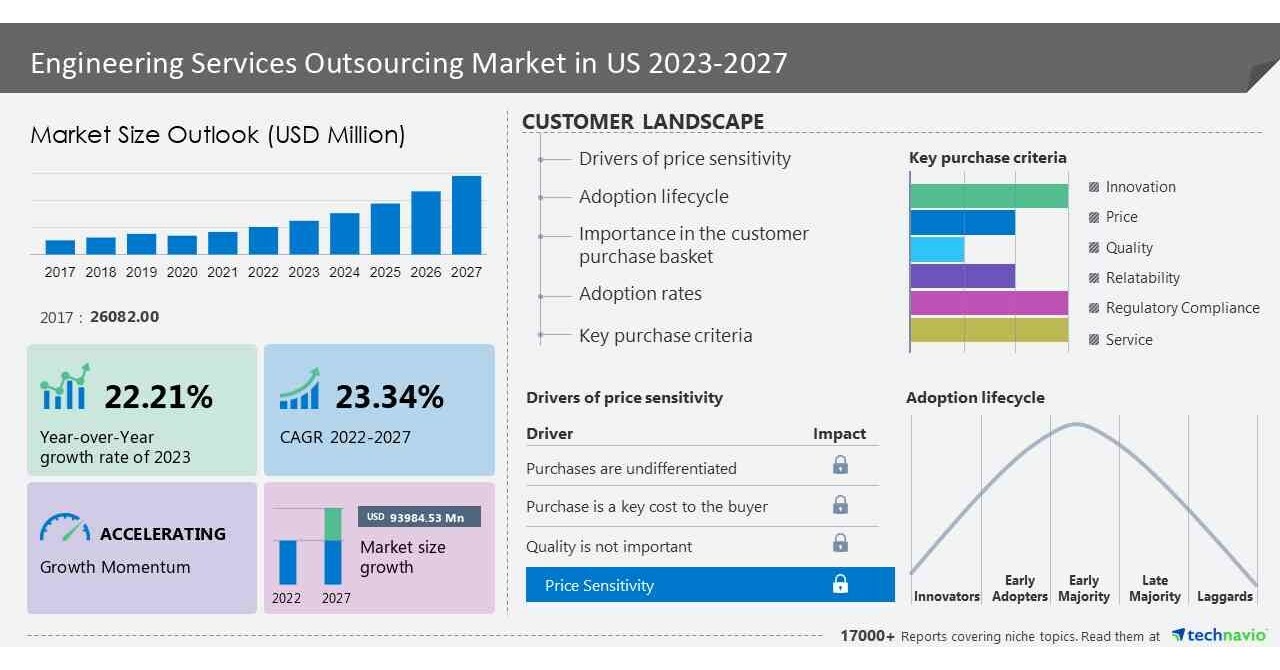


On October 22, 2024, the National Institute of Standards and Technology (NIST) released a comprehensive report from its IoT Advisory Board, highlighting the slower-than-expected progress in the development of the Internet of Things (IoT). The report outlines 26 findings that explain this sluggish pace, including a projected IoT value of $216 trillion, which underscores the potential economic impact of IoT technologies if fully realized [50441a05].
Key findings from the report indicate a shortage of skilled workers, a pressing need for trust in IoT systems, challenges posed by artificial intelligence, and issues surrounding equity in access to IoT technologies. To address these challenges, NIST provided 104 recommendations aimed at fostering IoT development. Among the most crucial recommendations are unlocking the IoT economy, facilitating broader adoption of IoT technologies, modernizing existing infrastructure, establishing trust in IoT systems, and creating a workforce that is prepared for the demands of an IoT-driven economy [50441a05].
The rise of IoT engineering services reflects the growing importance of IoT technology in today’s world. As businesses and industries continue to embrace IoT, the need for specialized engineering services to navigate the complexities of this technology becomes paramount. With IoT engineering services, organizations can unlock the full potential of IoT, driving innovation and efficiency in a wide range of sectors.
In addition to the rise of IoT engineering services, the engineering services outsourcing market in the US is experiencing significant growth. According to a report by Technavio, the market is estimated to grow by USD 93,984.53 million from 2023 to 2027, with a CAGR of almost 23.34% during the forecast period [3112f045].
One of the key drivers of this growth is the cost savings from low-cost workforces. Organizations leverage outsourcing to save on infrastructure, office space, operations, and staffing costs by delegating work to low-cost workforces. This allows them to maintain lean workforces and reduce employee hiring and retention expenses. The expanding US economy facilitates this trend, enabling businesses to stay competitive and innovate faster by accessing specialized expertise and reducing costs [3112f045].
The engineering services outsourcing market in the US is also driven by innovation and technological advancements. Companies are turning to outsourcing to stay competitive and innovate faster, particularly in the areas of analytics, robotics, AI, and ML. The market is driven by advancements in R&D and the increasing demand for embedded engineering solutions. Outsourcing allows organizations to access skilled talent and leverage advancements in AI, digital twin simulations, and automation [3112f045].
The complexity and diversity of advanced technologies like AI, ML, blockchain, and quantum computing pose challenges for companies to acquire domestically. In response, engineering services outsourcing enables employers to access a global and diversified talent base at a cost-effective price point. The market is expected to experience significant growth in the coming years, with the US and other countries emerging as major players due to their cost-effective labor and skilled workforce [3112f045].
The IOT Solutions Congress in São Paulo showcased solutions for sustainable innovation and technological growth in Brazil. The event focused on devising solutions for individuals and businesses to boost productivity and efficiency while prioritizing the sustainable stewardship of the planet. The congress addressed topics such as innovation in the Amazon, the progression of Artificial Intelligence, advances in 5G and 6G technologies, and Carbon Credit frameworks. The event welcomed over 110 startups, 50 supporters, and 5,218 visitors, with several startups securing funding and accelerating their product launch timeline. The integration of IoT technologies with existing infrastructure and addressing the digital divide were identified as key challenges for IoT development in Brazil. The congress also highlighted the importance of balancing technology and innovation with the protection of the Amazon region's ecological importance. Incorporating IoT and sustainable innovation in Brazil can lead to improvements in productivity, efficiency, job opportunities, and environmental conservation. However, potential disadvantages include threats to privacy and data security, increased e-waste, and unequal distribution of technology benefits. The Brazilian government has implemented initiatives like the National IoT Plan to foster innovation and encourage the use of IoT technologies across various sectors of the economy [98bb42d1].